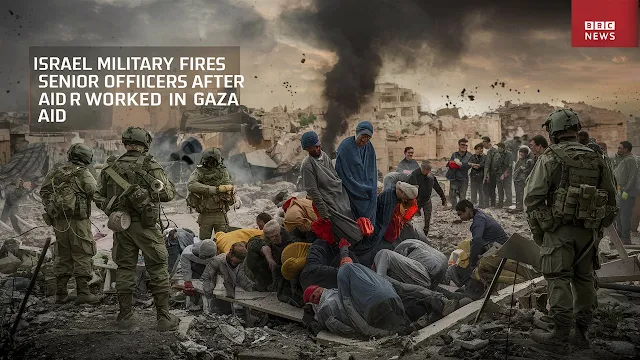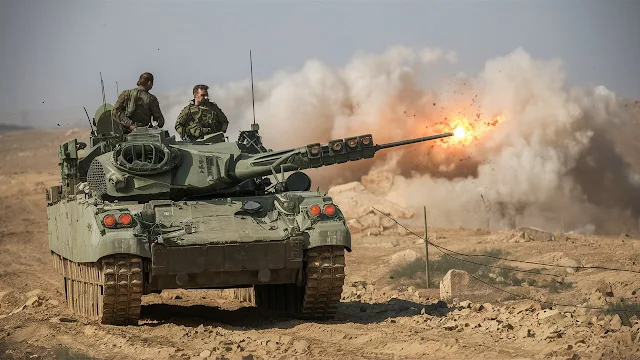Tragic Mistake: The Unintended Strike on Aid Workers in Gaza
In a sobering turn of events, the Israeli Defense Forces (IDF) released a statement shedding light on an air strike in Gaza that claimed the lives of seven aid workers. The incident, marked by a string of errors, brings to the forefront the perilous nature of operations in conflict zones and raises pertinent questions about military conduct, the protection of civilians, and the mechanisms of accountability.
A Grave Error
At the heart of this tragedy lies a misidentification that led to the fatal targeting of vehicles belonging to World Central Kitchen (WCK), an aid agency known for its humanitarian missions. The IDF's investigation reveals a chain of misjudgments wherein those authorizing the strike believed they were acting against Hamas operatives rather than aid workers. This catastrophic mistake, attributed to a "serious failure" in identification and decision-making processes, underscores a deviation from standard operating procedures meant to safeguard civilian lives.
Immediate Actions and Ramifications
In response to the investigation's findings, the IDF has taken decisive steps to address the shortcomings that led to the incident. A major and a colonel have been dismissed from their positions, with further formal reprimands directed at higher-ranking officers, signaling the gravity with which the IDF views this mistake. Yet, these measures only scratch the surface of the broader implications for military engagement and the protection of humanitarian missions in conflict environments.
Learning From Tragedy
Amid the fallout, the IDF has committed to internalizing the lessons from this tragedy. Enhancements in operational protocols and a deeper examination of decision-making frameworks are on the agenda, aimed at preventing such errors in the future. However, the path forward is fraught with challenges, notably how to balance military objectives against the sanctity of civilian life and the safety of humanitarian workers.
A Ripple Effect on Humanitarian Missions
This incident casts a shadow over the operations of aid organizations in conflict zones—organizations that often operate under the assurance of coordination and communication with military entities to ensure the safe passage and delivery of aid. The repercussions of this event could have a chilling effect on these missions, with organizations forced to reassess the risks involved in delivering aid in such volatile contexts.
In Conclusion
The strike on WCK's aid convoy in Gaza is a grim reminder of the complexities and dangers inherent in military operations within civilian areas. As the IDF pledges to learn from this incident, the broader military and humanitarian communities must also reflect on their roles in conflict zones. Ensuring the safety of aid workers and the civilians they serve requires not only rigorous adherence to operational standards but also a commitment to accountability when mistakes occur. The road to rebuilding trust is long, and it starts with acknowledging the cost of errors and steadfastly working towards preventing them in the future.



Post a Comment
thank you for commenting ! ❤️